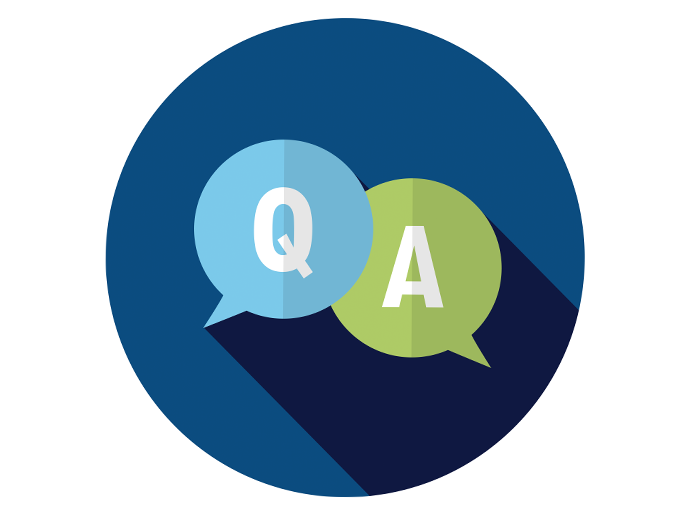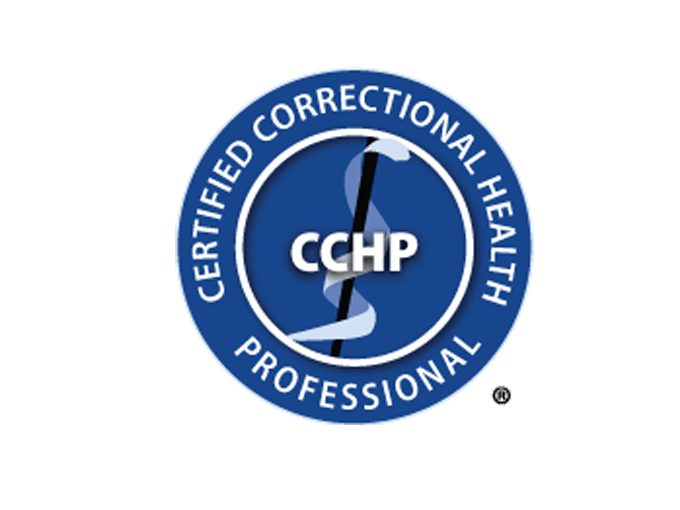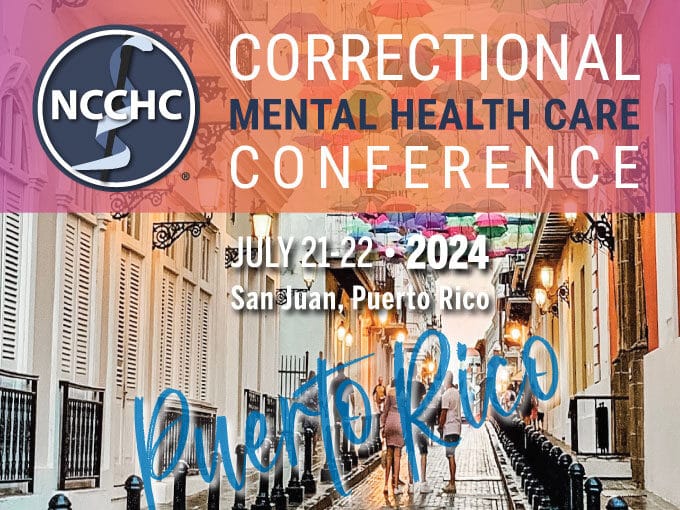
Standards Q&A: 75% Custody Health Training Requirement
Does the 75% requirement refer to all custody staff or only those working during
Home Before the Pandemic, the Original Crisis: Mental Health Services
By Brent Gibson, MD, MPH, CCHP-P, Managing Director, NCCHC Resources and William Elliott, PhD, Correctional Mental Health Consultant and Trainer
As the pandemic continues to challenge and stress our nation’s public health infrastructure, jail and prison health care has been thrust into the spotlight. It’s important to remember, however, that before COVID-19, jails were at the center of another national health crisis: lack of community mental health services.
At NCCHC, we’ve been working with the nation’s law enforcement leaders in this area for many years. In 2019, we partnered with the Major County Sheriffs of America and the Department of Justice Office of Community Oriented Policing Services on Sheriffs Addressing the Mental Health Crisis in the Community and in the Jails.
Since the research leading to that report, we have worked closely with many jails to overcome challenges with mental health services. Through evaluations, monitoring, and technical assistance, we are seeing improvements and want to share the most effective practices.
First, NCCHC maintains a broad definition of “special needs” patients. This includes those with chronic disease, including mental health diagnoses. As a result, we are seeing programs appropriately expand their definitions to include not just the most seriously mentally ill but also those regularly receiving mental health services. This is critical because patients who experience clinical improvement are far less likely to be lost to follow-up. It also is a more fine-tuned approach to mental health care.
Seriously mentally ill patients don’t always start out that way; they often come from the much larger population of less seriously ill patients. More careful tracking of the entire treated population allows for better continuity of care and integration with medical treatment. Because physical and mental health are well-correlated, especially when pharmacotherapy is being used in treatment, this has a positive effect. These efforts, coupled with better mental health care documentation, have a substantial impact on the quality of health services.
Let’s turn to another key topic that is the focus of recent improvements in many jails: suicide prevention. Last year, in partnership with the American Foundation for Suicide Prevention, NCCHC released the Suicide Prevention Resource Guide, and it is making a difference.
What are we seeing in the field? High-performing facilities have fully implemented suicide watch assessments and post suicide watch follow-up assessments. They have also:
Early Identification and Planning Are Key
Savvy mental health directors know that care starts at reception. All patients with positive findings in screening should receive a mental health evaluation. In a busy and sometimes chaotic correctional environment, this can be inadvertently overlooked. One way to combat this is to develop a protocol where initial evaluations are completed on all appropriate patients within a limited period; in the Jail Standards, this happens no later than 14 days after intake.
Of course, it’s a seeming paradox that successful discharge planning starts at admission. When we begin to work with programs, we find patient contacts for discharge planning to be infrequent and more focused on facility-based issues than reentry concerns.
In high-performing programs, the case manager meets with patients soon after admission, and at regular intervals thereafter, for the express purpose of addressing reentry issues. In exceptional programs, we also see the discharge planner documenting all phone and digital contacts with community-based mental health providers and social service agencies.
Let us close by thanking our tireless correctional mental health workforce. Around the country, in the midst of a pandemic and associated economic and social pressures, our psychiatrists, psychologists, social workers, licensed professional counselors, nurses, and countless others are not losing sight of the behavioral health problems that are so common in jails and prisons. In doing so, they are not only improving quality of life for patients, but also for staff and communities. They are also saving lives. Keep up the fight.
For more information, contact the authors at [email protected]


